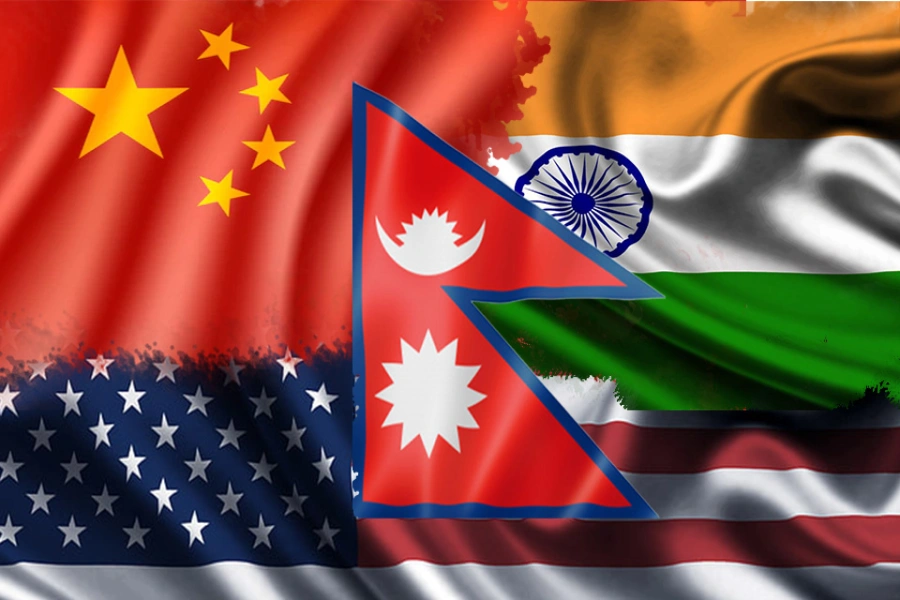KATHMANDU, Feb 2: Parliament is set to endorse the Local Level Election Bill that sets out criteria to significantly increase the representation of women, Dalits and marginalized groups in local bodies from the upcoming local elections.
The new bill, that is likely to be endorsed on Thursday as none of the major political parties have opposed it, will replace the existing Local Body Election Act 2048 BS. The new bill makes it mandatory to field the candidacy of at least one woman either for the post of chief or deputy chief at village councils, municipalities and district coordination committees.
“Political parties must maintain at least 50 percent women’s representation for the posts of either chief or deputy chief while fielding candidates for village councils, municipalities and district coordination committees,” reads Clause 17 (4) of the bill endorsed by parliament’s State Affairs Committee.
Dalit sexual and gender minorities lack representation within t...

Women and Dalits respectively constitute over 51 percent and about 13 percent of the total population of the country. At present they are under-represented.
The bill also includes a mandatory provision on electing at least two women, including a candidate from a Dalit or marginalized community, to a ward committee. As the provision makes it mandatory to elect two women to the ward committee, half the four-member ward committee will be women, other than the ward chairperson.
According to the bill that was finalized by the parliamentary committee and tabled for endorsement in the full House on Wednesday, all political parties must field the candidacy of at least one Dalit woman in the post of ward committee member.
Likewise, the local poll bill has reserved four seats for women and two seats for candidates hailing from the Dalit or marginalized communities in the village councils. In the case of a municipality, five seats have been reserved for women and three for Dalits or the marginalized, while the number is at least three in the case of the district coordination committee.
Although the constitution promulgated in September 2015 had reserved seats for women, Dalits or the marginalized under Articles 215 and 216, there was no provision for securing the representation of Dalits or the marginalized in local structures under the existing laws. At least one seat was reserved for women in ward committees during the last local poll held 19 years ago.
The Local Level Election Bill has for the first time barred any individual convicted of a crime, caste-based discrimination, witchcraft or polygamy from contesting local elections. Though the original bill registered by the government had only proposed barring those convicted of caste-based discrimination from contesting local polls, the SAC added these other crimes to the list.
The new local poll bill has also proposed barring individuals convicted of corruption, rape, human trafficking, drug trafficking, abduction, money laundering, misuse of passport or any other criminal offense.
The existing law had only barred those convicted of moral turpitude, the mentally disordered, loan defaulters and all government employees or staff working in an institution which provides salaries from state coffers.



































